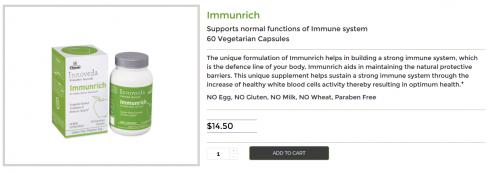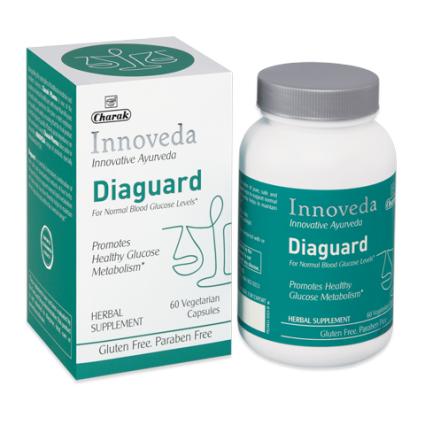In Defense of Self

In Defense of Self
Dr Vinayak Dahiwal
Infections are the most common cause
of human disease. They range from the common cold, cough & fever to
debilitating conditions like chronic hepatitis to life-threatening diseases
such as AIDS.
Disease-causing microorganisms that
try to get into the body must first move past the body’s external armor,
usually the skin or cells lining the body’s internal passageways. The skin
provides an imposing barrier to invading microbes. It is generally penetrable
only through cuts or tiny abrasions. The digestive and respiratory tracts—both are
entry points for a number of microbes—also have their own levels of protection.
Microbes entering the nose can trigger a
sneeze or cough reflex to force microbial invaders out of the respiratory
passageways. The stomach contains a strong acid that destroys many pathogens
that are swallowed with food.
If microbes survive the body’s
front-line defenses, they still have to find a way to the underlying cells.
These passageways are lined with tightly packed cells covered in a layer of
mucus, effectively blocking the transport of many organisms.
Cells with immune function including
macrophages, B cells, and T cells, wait for any germ that might bypass the
barriers at the surface. The most common disease-causing microbes are bacteria,
viruses, and parasites. Each uses a different tactic to infect a person, and,
therefore the body’s immune response to these disease-causing microbes is
important.
A good immune response not only stops
the infection but also prevents recurrence.
This is because, every time an individual meets up with the same
antigen, the immune system becomes more equipped to a better response. Immunity
can be strong or weak, short-lived or long-lasting, depending on the type of
antigen, the amount of antigen, and the route by which it enters the body.
Although
scientists have learned much
about the immune system, they continue to study how the body launches
attacks
that destroy invading microbes. In addition, scientists are studying the
reasons that direct the human immune response. It is interesting to see
that modern research initiatives are also shifting from drug development
to validation of the core concepts of Ayurveda.
Traditional know-how about herbs offer
the possibility of looking at the complex multimodal nature of Ayurvedic
interventions to keep infections at bay.
To site few examples, Curcuma longa with the active ingredient Curcumin
assists to enhance immunity in general. Research
has shown that curcumin modulates the activation of cell levels involved in
host response. The extract of Trichosanthes diocia reinforces the entire immune
system to fight against common infections.
Innoveda Immunrich- immune system supplements







Comments